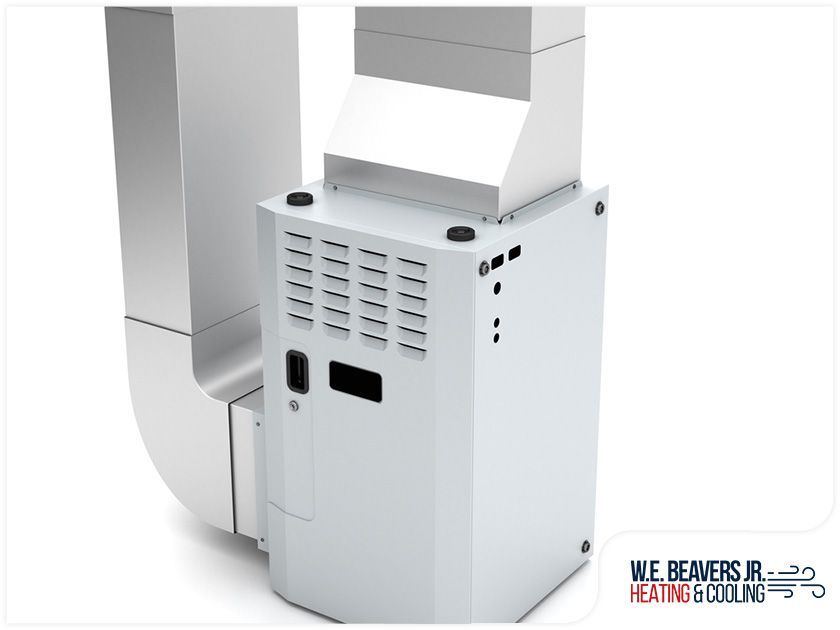Gas vs. Electric Furnace: Which is Better?
Gas vs. Electric Furnace: Which is Better?
Your furnace, whether it’s fueled by gas or electricity, is vital in your home. However, depending on certain factors, including cost, upkeep, home size and local fuel price, one type may be better suited to your home than the other.

Consider the benefits and drawbacks of gas and electric furnaces outlined here by HVAC repair and installation experts to find the one that best suits your needs and budget.
How a Gas Furnace Works
The pilot light of a gas furnace ignites the main burner when it receives a signal. The heat exchanger then absorbs the heat from the burner, heating the air that circulates through your HVAC system. Gas furnaces use popular fuels such as natural gas, propane or fuel oil–all of which require a storage tank–and are connected to utility gas lines.
The Benefits and Drawbacks of Gas Furnaces
- Benefits: Gas furnaces are among the most powerful home heating systems, capable of producing levels of heat that few other systems can match. A gas furnace can keep a house warm no matter how cold it gets outside. This is especially useful in older homes that tend to have inadequate insulation and are prone to drafts. Natural gas is a cheap, clean-burning fuel, making it a fantastic alternative for saving money while also helping the environment. Natural gas is particularly convenient since, unlike other heating fluids such as propane, it’s delivered directly to the house through municipal infrastructure.
- Drawbacks: Although modern gas furnaces are developed with safety in mind, there are potential health risks associated with using natural gas in a home. Also, gas furnaces can degrade faster than other types of heaters, necessitating early replacement. Finally, natural gas isn’t available in every residence.
How an Electric Furnace Works
The thermostat signal is supplied to an electric ignition in an electric furnace, which turns on the unit’s electric heating service elements. It doesn’t require a fuel source, although it does consume electricity on a continuous basis. An electric heat pump is an alternative to an electric furnace that uses less electricity to operate.
The Benefits & Drawbacks of Electric Furnaces
- Benefits: Electric furnaces can be used in almost any home because they don’t require a natural gas pipeline. An electric furnace is more dependable and requires fewer repairs over its lifetime, which is often longer than a gas furnace. An electric furnace is often less expensive to install upfront, and it doesn’t pose any health risks from poisonous gas emissions.
- Drawbacks: An electric furnace lacks the raw heating power of a gas furnace. It also costs more to run than a gas furnace since electricity is a more expensive energy source, and an electric furnace consumes a lot of it. Although the lower installation cost and fewer repairs help counter this, a household should expect high electric bills throughout the winter.
W.E. Beavers Jr. Heating & Cooling offers quality goods and always-exceptional heating and cooling services in Woodbridge and the neighboring regions. Our professionals are factory-trained and equipped with the most up-to-date diagnostic technology to swiftly and accurately diagnose your heating or cooling system’s problem.
You can trust the team at W.E. Beavers Jr. Heating & Cooling
with all your heating and cooling needs. Call (703) 897-5505 or fill out our contact form today to get in touch with our team.



